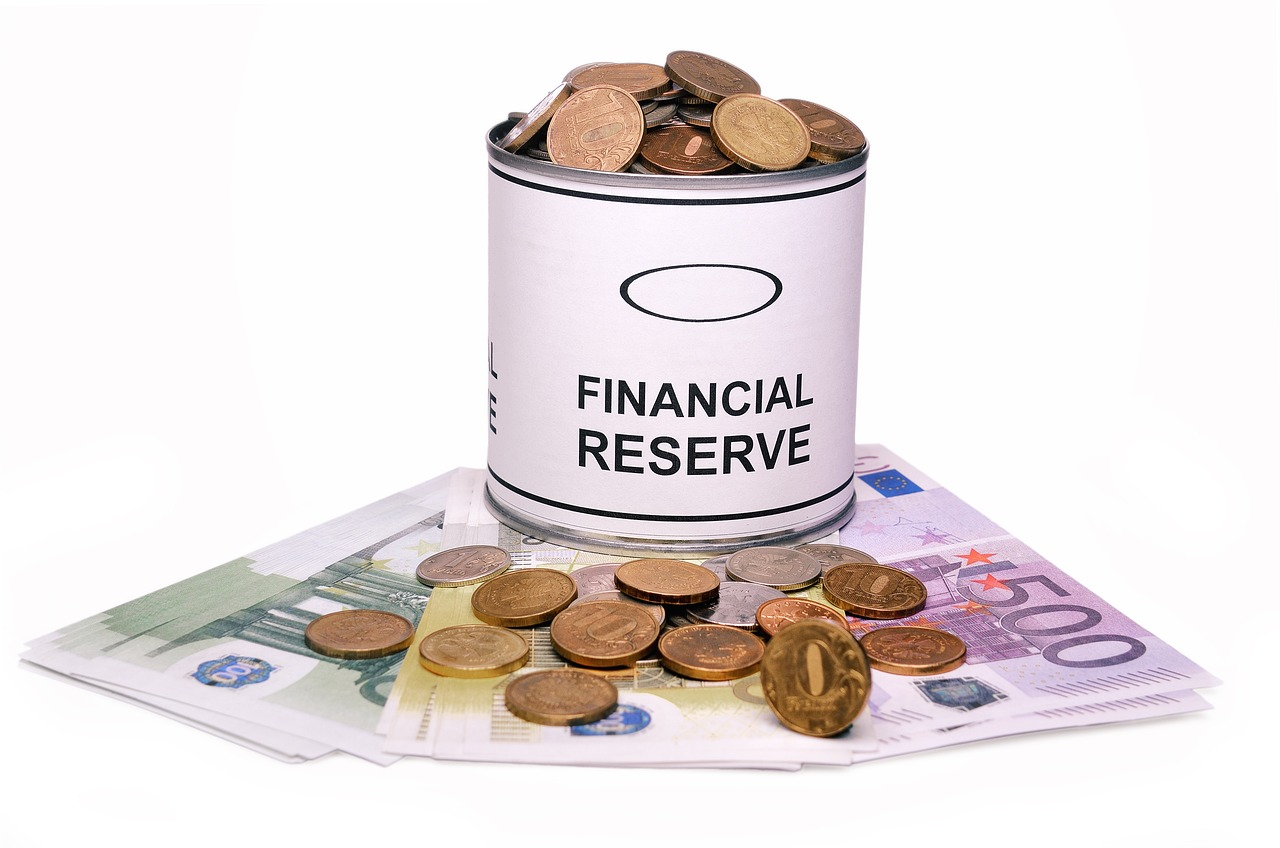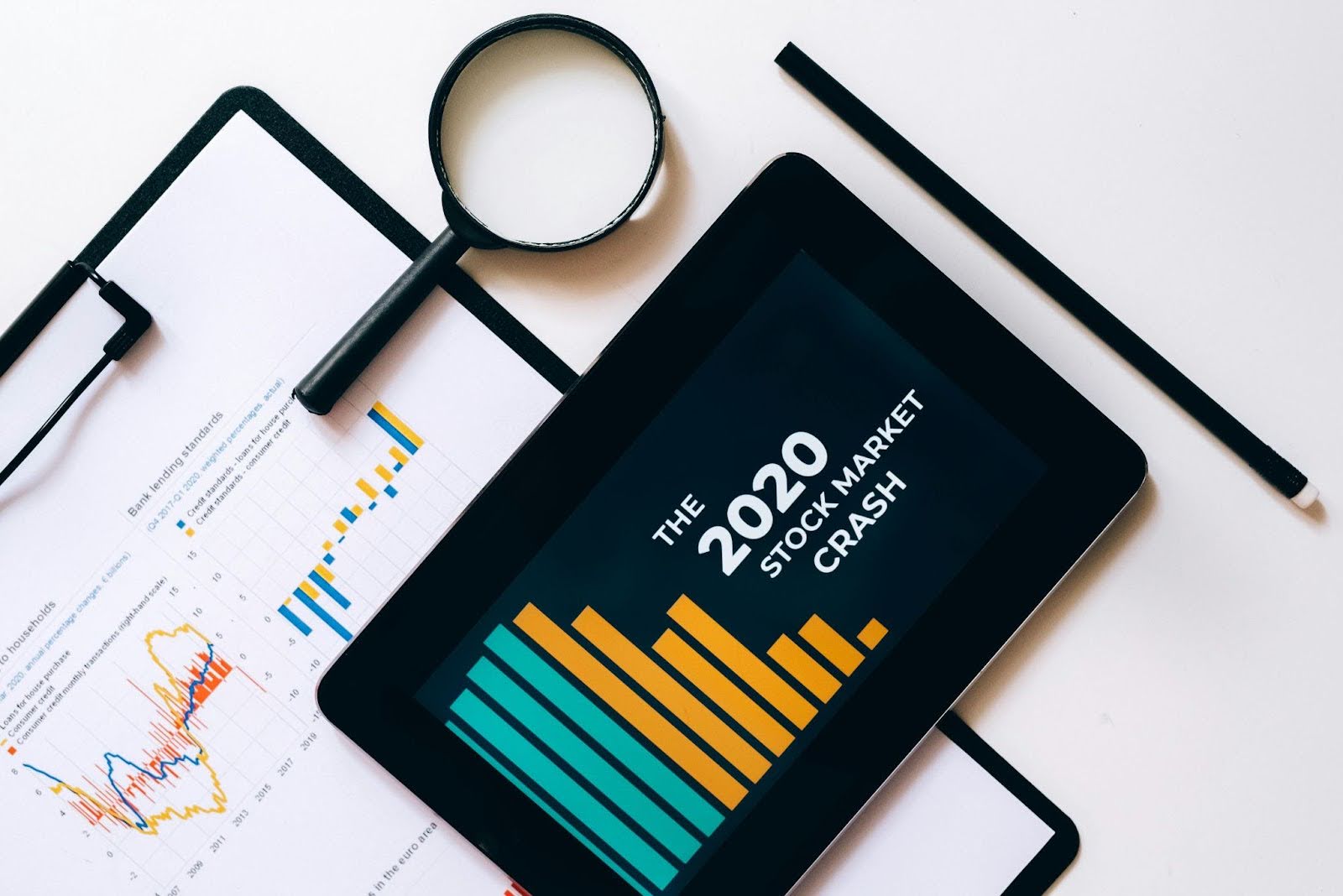Money Market Funds: What They Are, How They Work
Published on by FulusAfrica Team

For the longest time, investing felt like something meant for the rich. But, over time, financial institutions like banks have simplified the process and made it easier to reach financial freedom.
If you are working in the Middle -East, I’m sure you have thought about how to make the most of your hard-earned money.
Four Successful Ways to Manage Finances in 2025
Master your finances in 2025 with these four proven strategies Learn how to budget save invest and plan for longterm financial success
Read More →Especially, if you want to start a business, save for retirement, purchase land or improve your savings.
Well, I’ve got an answer for you. While most investments often come off as complex they can be broken down into understandable bits and pieces, which is what we aim to do here. After all, learning is the first step towards a better future.
So let's get started with Money market funds, what they are, how they work and how they can help secure your future.
Money Market Funds
A Money Market Fund (MMF) is a type of Unit Trust Fund (UTF0 often managed by a Professional Fund Manager who invests the money you put in the fund in low-risk assets like Treasury bills (T-bills) Treasury Bonds, Fixed bank deposits and Commercial Paper.
From the Gulf to Kenya: A Guide to Managing Finances During Your Return
Returning from the Gulf to Kenya Discover a comprehensive guide to managing your finances budgeting and planning for a smooth transition home
Read More →The fund's primary goal is to offer investors (you and I) high liquidity with a low level of risk. This means that the risk of losing your money is low, and you can access it in a few days in case you have an emergency.
This makes them a great choice for anyone building an emergency fund or saving up for a larger investment.
In Kenya, you can start your investment with as little as Ksh 1,000. Plus, we have several companies that offer money market funds like Cytonn Investments, Nabo Capital, CIC Insurance, and Britam among others (Not an endorsement).
Key Features of Money Market Funds.
-
Low Risk- The funds are low-risk investments in nature because they invest in high-quality, short-term debt securities. This makes them more stable than forex investments and even stock investments.
-
Liquidity- One of the main advantages of money market funds is their liquidity. Investors can withdraw their money at any time without significant penalties, making these funds a good option for short-term savings or emergency funds.
-
Income Generation- While the returns on money market funds are typically lower than those of other investments, they provide a modest income in the form of dividends, which are distributed monthly.
-
Regulation- Money market funds are regulated to ensure that they invest in high-quality, short-term debt securities. For example, in Kenya, The Capital Markets Authority (CMA) regulates investment firms and the products they offer.
How Do Money Market Funds Work?
Money market funds work by pooling money from many investors like you and I, to create a large pool of capital which is then invested in short-term debt securities.
How To Deal With Financial Anxiety.
Learn practical strategies to deal with financial anxiety and reduce moneyrelated stress Take control of your finances and improve your mental wellbeing
Read More →When it comes to profit, Money Market Funds (MMFs) offer returns between 7.0% and 10.6%, higher than Kenya's current inflation rate of 6.5%.
Inflation means your money loses value at a rate of 6.5%, but with the higher interest rates from MMFs, not only does your money keep its value, but it grows.
When to Use Money Market Funds.
-
To build an emergency fund. You never know when you’ll need to dip into your savings for an emergency, so it's always good to have your savings accessible while they earn interest.
-
Diversification. If you have other high-risk investments in stock or forex, dipping your toes into money markets can stabilize your portfolio.
-
Temporary Holding. You can use money market funds as a temporary holding place for cash while you look into other investment opportunities.
Note: The primary trade-off for the safety and liquidity of money market funds is that they generally offer lower returns compared to other types of investments, such as stocks or bonds.
Money Management: A Beginner’s Guide to Budgeting Success
Master the art of budgeting with this beginners guide to money management Learn practical tips to take control of your finances and achieve financial success
Read More →Money market funds are an excellent choice for conservative investors looking for a safe, liquid investment option. They are also suitable for those who need a place to store cash temporarily while maintaining quick access to their funds.




No comments yet.